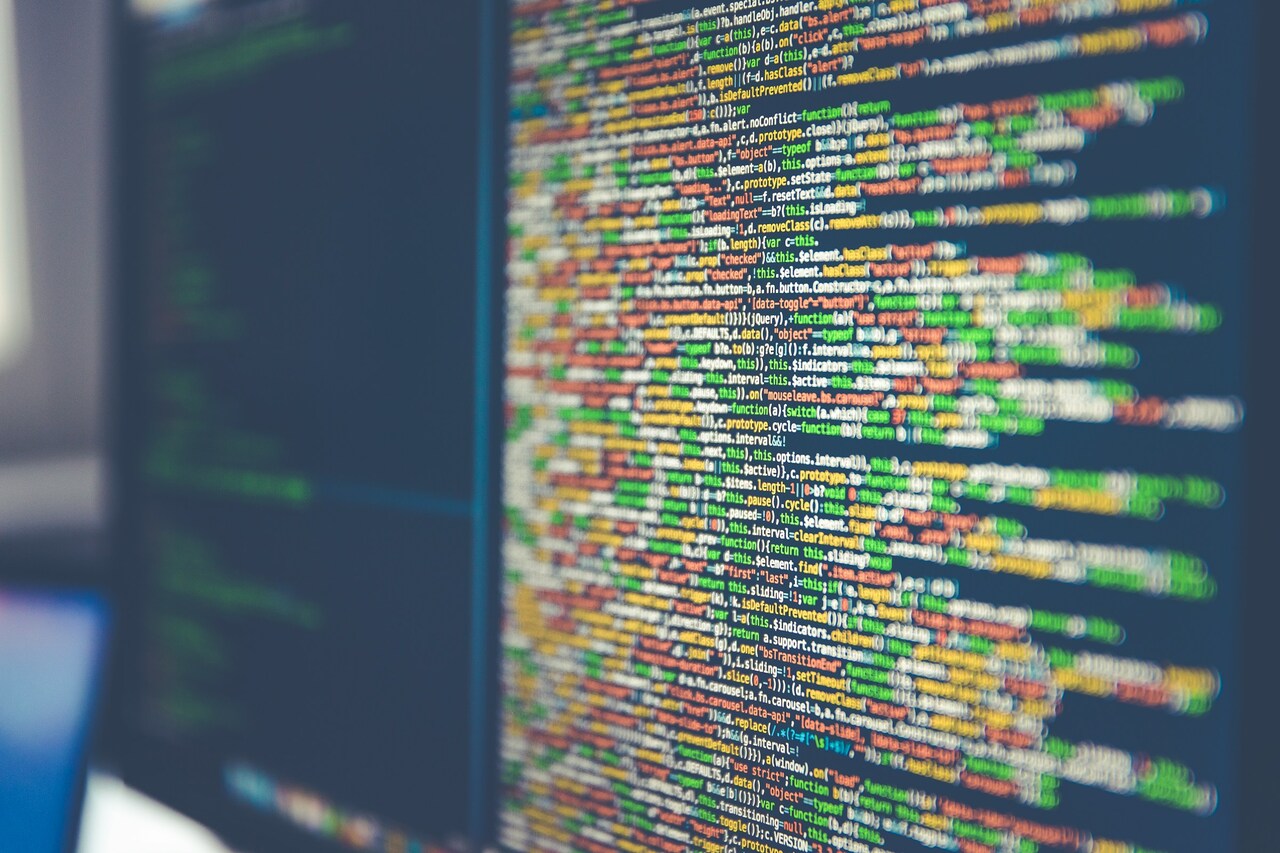Quantum computing is fascinating — but you can only understand why if you know the basics. Classical and quantum computers are fundamentally different. While the first uses bits, the latter relies on quantum bits (qubits). What’s the difference between qubits vs. bits?
What Is the Difference Between a Bit and a Qubit?
Classical computers rely on a binary system where only two possible values exist. They process and save information as ones and zeroes — the smallest unit of information they can store. These binary digits — bits — are foundational for conventional digital systems.
Basically, a bit is a charge inside a capacitor. It reads as a one or a zero, depending on whether it has positive or zero voltage. All text, images and information turn into bits before being processed and stored in your computer.
Quantum computers use qubits. Instead of being a one or a zero, they exist as both at the same time. This is possible because subatomic particles like electrons and photons can exist in multiple states simultaneously.
This phenomenon is known as superposition. Think of it like Schrödinger’s cat, where the cat in the box is both alive and dead until you observe it. If you want a less morbid analogy, think of qubits as coins that always land on heads and tails simultaneously.
When it comes to size, the difference between qubits vs. bits is stark. You’ve probably heard of a 32 or 64-bit processor before. Most computers process data in 32 or 64-bit chunks. While there’s no standard for quantum computers, many 100-qubit versions exist.
Are Qubits Faster than Bits?
In a classical computer, ones and zeroes perform operations separately. Since qubits exist in two states simultaneously, they perform operations on multiple states at once. As a result, they can solve mathematical equations and process information exponentially faster.
It’s worth mentioning that superposition isn’t the only thing making qubits faster than bits. Other quantum mechanic phenomena — namely entanglement and interference — also contribute to their incredible computational speed.
Entanglement
Entanglement happens when qubits become entangled with one another, sharing a single quantum state. No matter how far apart they are, they operate in sync. When this happens, their states are dependent on each other.
Think back to the coin analogy — it’s like having two spinning coins where one always represents heads and the other always represents tails. This phenomenon allows quantum computers to complete complex computations much faster than classical computers.
Interference
Qubits exhibit wave properties, making interference possible. Constructive interference occurs when their interference strengthens their waves, amplifying their computation speed dramatically. Researchers use it to manipulate quantum states in their favor.
Intentional interference increases the probability of positive outcomes. In other words, it makes quantum computers more likely to measure correct solutions and less likely to measure incorrect solutions, drastically speeding up computation.
How Much More Powerful Are Qubits than Bits?
Hands down, quantum computers are more powerful than classical computers — meaning the power of qubits vs. bits isn’t even a debate. Superposition, entanglement and interference give qubits a significant advantage over bits.
As we’ve mentioned, qubits are crazy fast compared to bits. Where a classical computer would need 300 trillion years to crack a 2,048-bit RSA encryption, a powerful quantum computer could break it in mere seconds. On top of being exponentially faster, they’re also more successful.
In one experiment, researchers explored computational power. While their classical computer only achieved an 87.5% average accuracy, their quantum computer succeeded 93% of the time — theoretically, it could succeed 100% of the time.
Even when qubits experience disturbances that increase their error rate, they’re still more accurate than classical computers. This fact means they can run algorithms, solve mathematical equations and process information with ease.
Why Are Qubits Fragile?
The fragility of qubits vs. bits is a hot topic — one researchers are exploring in depth. While classical computers are somewhat slow, they can perform operations effectively almost anywhere. On the other hand, quantum computers are finicky.
Qubits are fragile because they’re extremely sensitive. The slightest interference could cause errors. It could cause decoherence — meaning it could force qubits out of superposition — which is an expensive mistake.
When we say sensitive, we mean it — slight thermal noise is enough to cause a disturbance. As a result, quantum computers have to maintain -459 degrees Fahrenheit to preserve qubits’ fragile state. This sensitivity is part of why quantum computers are so expensive.
Quantum computers need to stay in an environment where temperature, light, sound and vibrations are heavily monitored and controlled. Otherwise, their error rate will be too high. Classical computers, however, don’t need particularly special conditions to operate.
The Future of Qubits vs. Bits
As quantum computing advances at an unprecedented pace, classical computers continue to play catch-up. The qubits vs. bits battle is intensifying because quantum technology drastically outperforms the standard stuff we have today.
In all likelihood, bits aren’t going anywhere. Since they’re the fundamental language to digital systems worldwide — and the foundation for encryption and code — they remain essential. That said, they don’t have much room to advance.
On the other hand, qubits are making leaps and bounds. Physicists are exploring new ways to use them to improve their stability and accuracy. In one lab, researchers used neutral atoms to lower error rates to 0.1% per operation on average. They believe this method could make quantum computers almost 98% accurate.
Researchers are also figuring out how to pack quantum computers with more qubits. In 2019, Google made history with its 53-qubit computer. Only four years later, Atom Computing revealed its 1,000-qubit computer, smashing the previous records.
Since qubits and quantum computing are in their infancy, there’s plenty of room for new research and development. Quantum computers may soon be stable and affordable enough to use at room temperature in homes worldwide.
How Qubits vs. Bits Will Shape the Digital World
While qubits are continuously advancing, quantum computing technology is still widely inaccessible. Since most of the world will continue relying on bits for decades to encrypt, process and store data, this technological race will become a balancing act.
Qubits make rapid computation possible, which could benefit most digital processes. On the other hand, they also make conventional technology vulnerable to cyberattacks and encryption cracking. Most people will have to rely on bits and creative methods to maintain security.
Recent Stories
Follow Us On
Get the latest tech stories and news in seconds!
Sign up for our newsletter below to receive updates about technology trends




